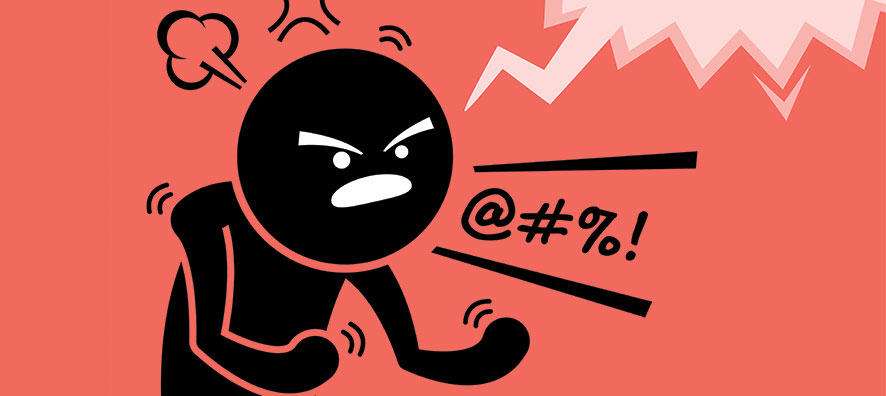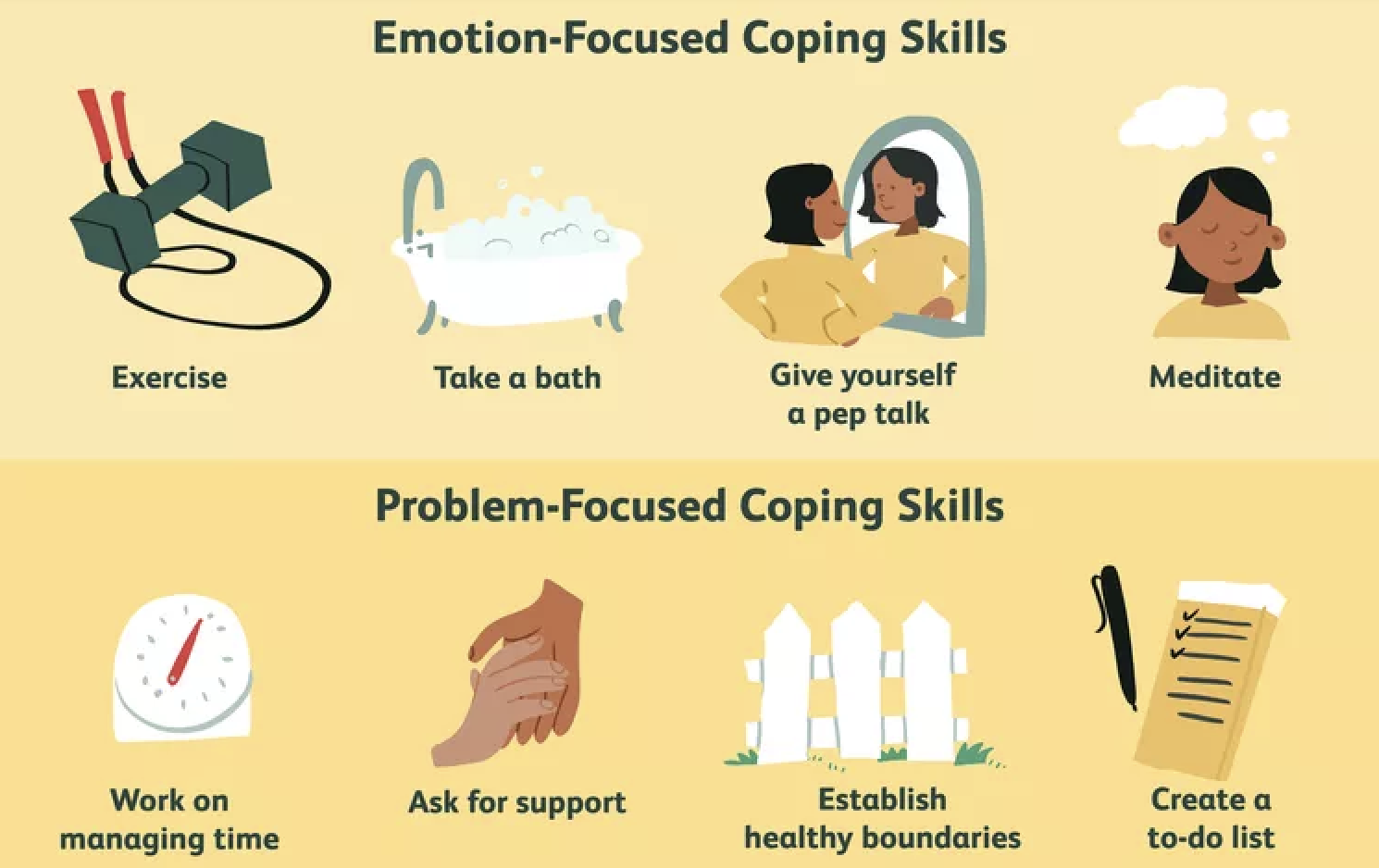Navigating a bipolar relationship presents a unique set of challenges, particularly when it involves abusive dynamics that can strain the emotional well-being of both partners. Bipolar disorder, characterized by intense mood swings and emotional volatility, can sometimes exacerbate these difficulties, leading to episodes of bipolar rage and verbal abuse. It is essential to identify and address these patterns to foster a healthier relationship dynamic. This article delves into strategies for recognizing, managing, and ultimately mitigating the abusive elements in a bipolar relationship, aiming to empower individuals with the skills and understanding necessary for creating a supportive and resilient partnership.
Understanding Bipolar Rage And Verbal Abuse

In navigating the complexities of relationships impacted by bipolar disorder, it's imperative to foster an environment of understanding and empathy. Bipolar rage, with its sporadic and sometimes unpredictable onset, poses significant challenges for both the individual experiencing it and their partner. Verbal abuse in this context, although deeply hurtful, often stems from the intense emotional turmoil that accompanies the disorder rather than malicious intent. Recognizing this distinction is crucial in determining the appropriate course of action, whether it involves seeking medical intervention, therapy, or implementing effective coping strategies. For partners, education serves as a cornerstone in building resilience and empathy; by gaining insights into the disorder's nuances, they can better support their loved ones while safeguarding their well-being. Coupled with open communication and mutual effort, these measures pave the way for more stable and nurturing relationships, where understanding prevails amidst the challenges..
Identifying Bipolar Abuse In Relationships

Identifying bipolar abuse in a relationship is the first step toward seeking support and healing. This type of abuse can manifest in various ways, including manipulation, excessive control, and emotional withdrawal. It's crucial for the affected partner to recognize these signs and seek professional help to understand whether these behaviors are linked to the disorder. Therapy and counseling can provide a safe space to express concerns, explore solutions, and set clear boundaries. Engaging in therapeutic interventions not only offers the opportunity for healing but also aids in developing effective communication strategies that promote empathy and understanding. Support groups can be particularly beneficial, offering a community of individuals who share similar experiences and can offer insights and encouragement. It is essential to approach the situation with a blend of compassion and assertiveness, ensuring that personal well-being is prioritized while navigating the complexities of the relationship. Through these efforts, both partners can work toward a healthier dynamic, where trust and mutual respect replace cycles of conflict and distress..
Coping Strategies For Emotional Abuse In Bipolar Relationships

Navigating the complexities of emotional abuse in a bipolar relationship demands a compassionate and strategic approach. It's vital for partners to cultivate a deep sense of patience and self-awareness, acknowledging personal limits and emotional triggers. One effective way to combat the destabilizing effects of such abuse is through consistent self-care activities. Engaging in journaling allows for reflection and understanding of emotional patterns, while meditation fosters calmness and clarity amidst turmoil. Delving into hobbies offers a respite, channeling energy into creative outlets and reinforcing a sense of identity beyond the relationship. Moreover, seeking external support by joining support groups can be transformative. These groups serve as a refuge, providing a network of individuals who share similar experiences and challenges. Through shared stories and collective wisdom, partners can glean practical advice and emotional solace, reinforcing their ability to deal with abuse in a constructive manner. Overall, this multi-faceted strategy empowers individuals to regain control and build resilience, paving the way towards a healthier emotional landscape..
The Role Of Professional Support

Professional support is indispensable when managing abuse in bipolar relationships, offering a structured approach to navigate the complexities of these situations. Mental health professionals, such as therapists and counselors, can provide invaluable guidance on establishing healthy boundaries, developing effective communication skills, and improving overall relationship dynamics. Their expertise not only assists partners in understanding and responding to episodes of mood instability but also paves the way for constructive dialogue and mutual support. For the person with bipolar disorder, treatment options like medication and therapy are crucial in managing symptoms and reducing instances of rage and verbal abuse. These interventions can lead to greater emotional stability, making it easier for both partners to engage in a nurturing and respectful relationship. Moreover, support groups and educational resources can further aid both individuals in gaining insights and coping strategies, ultimately fostering a safer and more harmonious environment..
Safety Planning And Boundary Setting

In addition to safety planning and boundary setting, effective communication and support networks play crucial roles in managing bipolar abuse. It's important for partners to engage in open dialogues about their experiences and expectations, fostering an environment of empathy and understanding. Couples may benefit from professional guidance, such as therapy, to navigate the complexities of bipolar disorder in a relationship, ensuring both partners feel heard and supported. Establishing a reliable support network, which may include friends, family, or support groups, can provide much-needed emotional reinforcement and perspective. By prioritizing these elements, partners can cultivate a relationship dynamic that is resilient and nurturing, even amidst the challenges presented by bipolar disorder..
Encouraging Open Communication

Open communication serves as the backbone for navigating the complexities of a bipolar relationship, especially when dealing with its potentially abusive aspects. For both partners, it is crucial to cultivate an environment where feelings can be shared candidly and vulnerabilities exposed without fear of judgment or retaliation. This mutual openness not only fosters trust but also empowers partners to address underlying issues before they escalate. Couples therapy often plays a transformative role in this process, providing a safe space for partners to practice active listening and develop a deeper sense of empathy. Through therapy, couples can learn to prioritize compassion and understanding, moving beyond blame to explore constructive solutions together. By committing to open dialogue and a willingness to see each other's perspectives, partners can diminish the cycle of emotional abuse, paving the way for a healthier, more resilient relationship..
The Importance Of Mutual Support

In a bipolar relationship, fostering a foundation of mutual support acts as a beacon of resilience amidst the challenges posed by the disorder. Empathy and compassion become the guiding principles that help both partners navigate the turbulence that often accompanies bipolar episodes. By acknowledging and addressing the emotional and psychological strain that bipolar disorder imposes on each individual, partners can cultivate a deeper understanding of each other's experiences. Regular mental health check-ins become an invaluable tool, allowing partners to remain attuned to each other's needs and to offer timely support. This practice not only reinforces trust and communication but also motivates both individuals to adhere to treatment plans with renewed commitment. Together, they create a dynamic where empathy fuels healing, and collaboration fosters growth, ultimately nurturing a relationship that is both resilient and profoundly supportive..
Navigating Recovery And Healing Together

Rebuilding trust and nurturing emotional intimacy after experiencing bipolar abuse is a delicate journey, marked by gradual healing and renewed hope. Central to this process is the practice of genuine forgiveness, which serves as a foundation for letting go of past wounds and moving forward together. Patience becomes a steadfast companion, allowing both partners to navigate the complexities of mental health with understanding and compassion. A shared commitment to change propels this journey, fostering an environment where positive transformation can flourish. Celebrating small victories, such as improved communication or reduced episodes of abusive behavior, reinforces the progress made and strengthens the bond between partners. By engaging in positive shared experiences—whether through insightful therapy workshops or relaxing leisure activities—couples can rekindle a sense of connection and rediscover the joy that brought them together. This journey, though challenging, holds the promise of a more harmonious relationship, where both partners feel valued, supported, and understood..
Fostering Long-term Stability In The Relationship

In addition to these foundational steps, nurturing a bipolar relationship requires both partners to develop a deep sense of empathy and patience. Recognizing the signs of mood shifts early on and addressing them with compassion can prevent misunderstandings and potential conflicts. Incorporating mindfulness practices such as meditation or yoga can help both individuals manage stress, fostering emotional resilience. It's also beneficial for partners to engage in couple's therapy or support groups to gain insights from others who face similar challenges. By celebrating small victories and acknowledging progress, partners can strengthen their bond, transforming adversity into an opportunity for growth and profound connection. Empowering each other to pursue individual and shared goals further solidifies the partnership, turning the journey of managing bipolar disorder into a collaborative path of hope and positivity..
In conclusion, overcoming the challenges of an abusive bipolar relationship is undeniably difficult, but it is a journey that holds the potential for profound transformation and renewal. By prioritizing education, communication, and professional guidance, both partners can cultivate an environment where empathy thrives, and mutual respect is paramount. Although setbacks may occur, each step towards understanding and healing underscores the strength of commitment and the enduring power of love. Ultimately, with perseverance and the right strategies, couples can transcend the difficulties of bipolar dynamics, forging a path towards a hopeful and resilient future, enriched by deeper connection and shared growth.


